On January 25, 2021, the Swiss-Chinese Law Association (SCLA) Vision 2021 Seminar was successfully held online, with more than 120 registrants from more than 30 countries and 50 attendees. The seminar was divided into three parts: an introduction to the Swiss-Chinese Law Association; an introduction to the Geneva Internatioanl Dispute Resolution Institute (GIDI), which the Swiss-Chinese Law Association established; and an introduction to the Swiss-Chinese Law Review.
The session started with Director Zhang Tianze on SCLA 2021: The Value of Connectivity in the Age of Globalization and Digitalization. Zhang Tianze firstly reviewed the history of the Swiss-Chinese Law Association. He also introduced the status and composition of the Board of Directors. Next, he reviewed the development and distribution of the association’s membership. He introduced the benefits of membership: joining a global community network of the legal profession, free access to almost all of the association’s online and offline activities, access to the association’s digital systems, including free access to the “SCLA Future Cloud” system, the association’s “SCLA Academy” system and the association’s “Global Free Meeting System.” He also introduced the recently established liaison office in Shenzhen and the upcoming China headquarters in Shanghai. Finally, Zhang Tianze pointed out that in 2021, the direction of the association’s work is from “promoting legal connections to facilitating professional cooperation.”
Next, Dr. Herman Nolte, a member of the Swiss-Chinese Law Association and the Dispute Mediation Committee, presented the Geneva International Dispute Resolution Institute (GIDI), which the Swiss-Chinese Law Association Act established. Currently. More than 10 of the world’s top arbitration and mediation experts have joined the call and are working towards establishing the GIDI. He noted that GIDI is working closely with leading mediation and arbitration institutions worldwide to promote alternative dispute resolution in different cultures better.
Finally, David Dahlborn, host of the English edition of the Swiss-Chinese Law Review, gave a presentation on the development of the Review. He emphasized that the Swiss-Chinese Law Review has practiced independent peer-review standards and has solved the problem of coordinating many manuscripts through an electronic system that allows contributors to keep track of the stage at which they are submitted.
Robert Rhodes, QC, and others congratulated the Swiss-Chinese Law Association on its vision for 2021. The seminar wrapped up successfully.


















